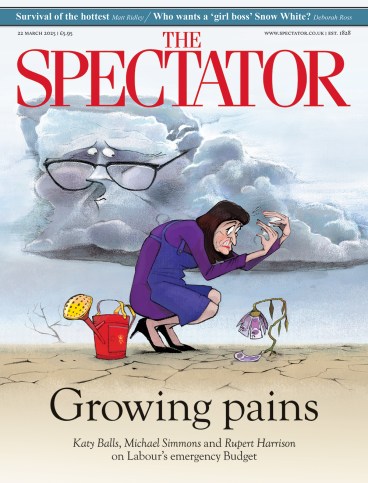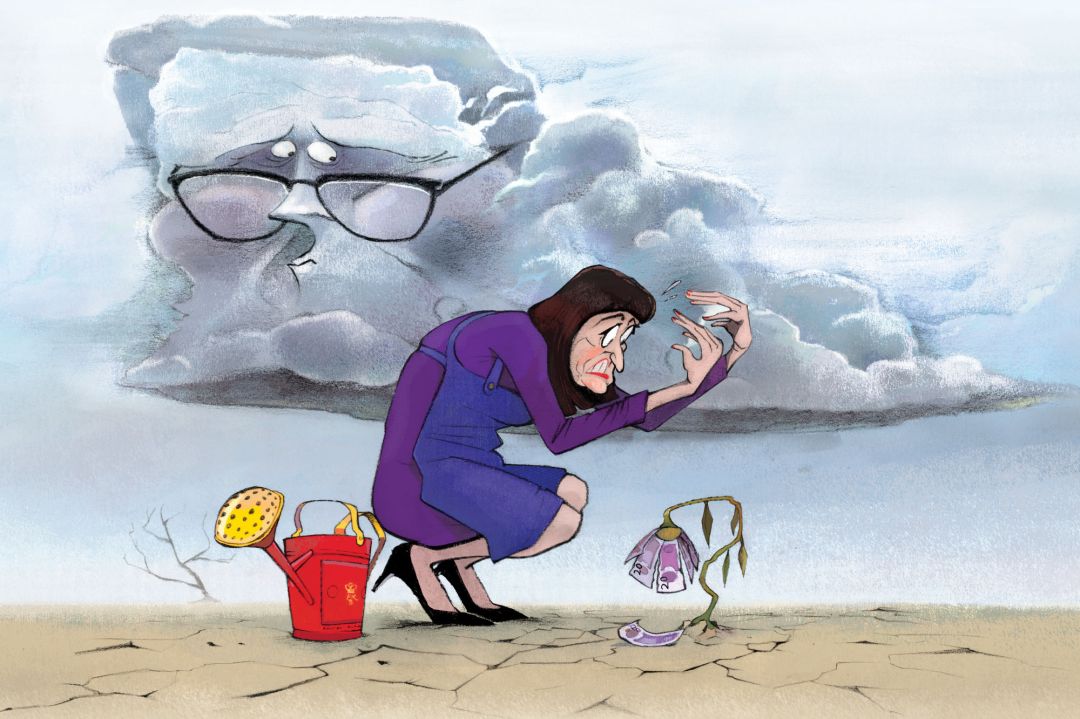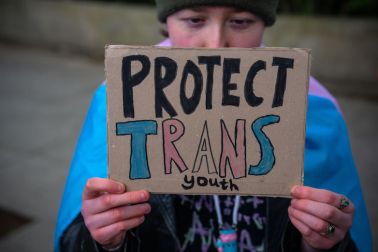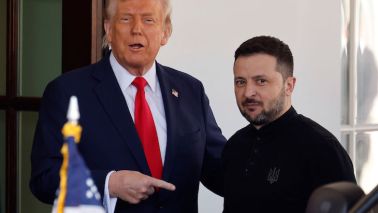
Dominic Cummings may have left Whitehall but his spirit lives on. Pat McFadden, the Chancellor of the Duchy of Lancaster, has repurposed Cummings’s call for ‘weirdos and misfits’ as a plea for ‘innovators and disruptors’. Downing Street this month launched an ‘AI Ideas’ competition in pursuit of bright sparks. A hackathon will follow. In No. 10 and 11, aides channel Cummings’s language as they talk of acting as an ‘insurgent’ government. ‘We’re all Dom now,’ says one government figure.
In one area, Cummings’s influence on the new government is most apparent: the diagnosis of a failing state. Keir Starmer’s chief aide Morgan McSweeney has never met Cummings, but these days they share an analysis of what has gone wrong in Britain. The economy is flatlining, the public sector has grown but become less productive, Whitehall reform seems impossible, and nothing ever gets built. A generation of homeowners leaves behind them a new generation of rent payers. The country has chronically underinvested in defence.
But identifying a problem is not the same as solving it. As Rachel Reeves prepares for the Spring Statement, that reality is weighing heavily on ministers. While next week’s financial update was never meant to be a major event, the deteriorating state of the public finances means it has taken on a new significance. Ministers are nervously waiting for the Office for Budget Responsibility (OBR) to slash its growth forecast and for rising borrowing costs to have wiped out the Chancellor’s £10 billion of fiscal headroom. ‘We know there is going to be bad news,’ says a government aide.









Comments
Join the debate for just £1 a month
Be part of the conversation with other Spectator readers by getting your first three months for £3.
UNLOCK ACCESS Just £1 a monthAlready a subscriber? Log in